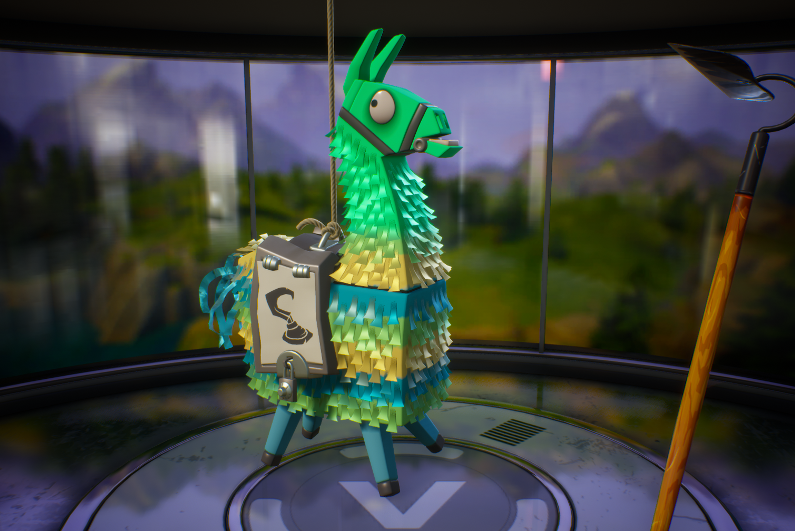Reaching a decision
The United Kingdom will not impose a restriction on loot boxes following a 22-month consultation.
boosting revenue at the expense of potentially increasing compulsive gambling behaviors
Loot boxes, which allow players an opportunity to exchange digital or real currency for the opportunity to win various prizes via randomized selection, have been closely linked to gambling addiction because of their pervasiveness and lack of transparency. Popular video games such as FIFA, NBA 2K, and others popularized the loot box model, boosting revenue at the expense of potentially increasing compulsive gambling behaviors.
While the UK will not examine its gambling legislation until a new prime minister is elected, culture minister Nadine Dorries confirmed that a review of loot boxes will not make the upcoming white paper.
Considerations and findings
Dorries said the decision comes despite the consultation revealing “consistent” links to problem gambling. The government will, instead, pursue tougher “industry-led” resolutions.
The minister also noted that banning or partially restricting loot boxes could lead to “unintended consequences.”
“Legislation to introduce an outright ban on children purchasing loot boxes could have the unintended effect of more children using adult accounts, and thus having more limited parental oversight of their play and spending,” said Dories, who later clarified that children “should not be able to purchase loot boxes without parental approval.”
studies linking problem gambling to loot box purchases were not causative
The government’s decision centered on the fact that studies linking problem gambling to loot box purchases were not causative. Essentially, there is a link, but one has not been proven to directly influence the other.
There is still a concern for the future, regardless of the decision not to impose legal restrictions.
“We expect games companies and platforms to improve protections for children, young people and adults, and for tangible results to begin to be seen in the near future,” said the Department for Digital, Culture, Media and Sport (DCMS). “If that does not happen, we will not hesitate to consider legislative options, if we deem it necessary to protect children, young people and adults.”
Loot boxes and microtransactions
The debate over loot boxes has picked up steam in recent years as game developers have monetized game content beyond the initial purchase price.
The rewards are a part of a system of microtransactions, or in-game purchases that mostly require real-world money. Even if the boxes can be acquired through in-gamecurrency, using a real-world deposit is often much more time effective. Loot boxes often just have cosmetic items in them, but in some games, they are quite desirable because they contain items that give players a competitive advantage in the game.
loot boxes “are structurally and psychologically akin to gambling”
This system has presented many detrimental side effects to players. A 2021 study by the University of Plymouth and the University of Wolverhampton confirmed the links acknowledged by the government in finding that loot boxes “are structurally and psychologically akin to gambling.”
Belgium banned loot crates in 2018 because of their potential for addiction, among other concerns. Spain has not made any official changes but plans on blocking sales for minors, as overall reforms in Europe have created roadblocks for developers.
At the end of May, game developer Activision confirmed that its new product Diablo Immortal would miss its June 2 launch date in Belgium and the Netherlands, blaming “current operating environments.”
As it stands, microtransactions are quite lucrative, churning $15bn in profit in 2020 across the entire industry, per Juniper Research. Electronic Arts (EA) made $1.65bn from microtransactions alone, a majority of which stemmed from loot boxes.




